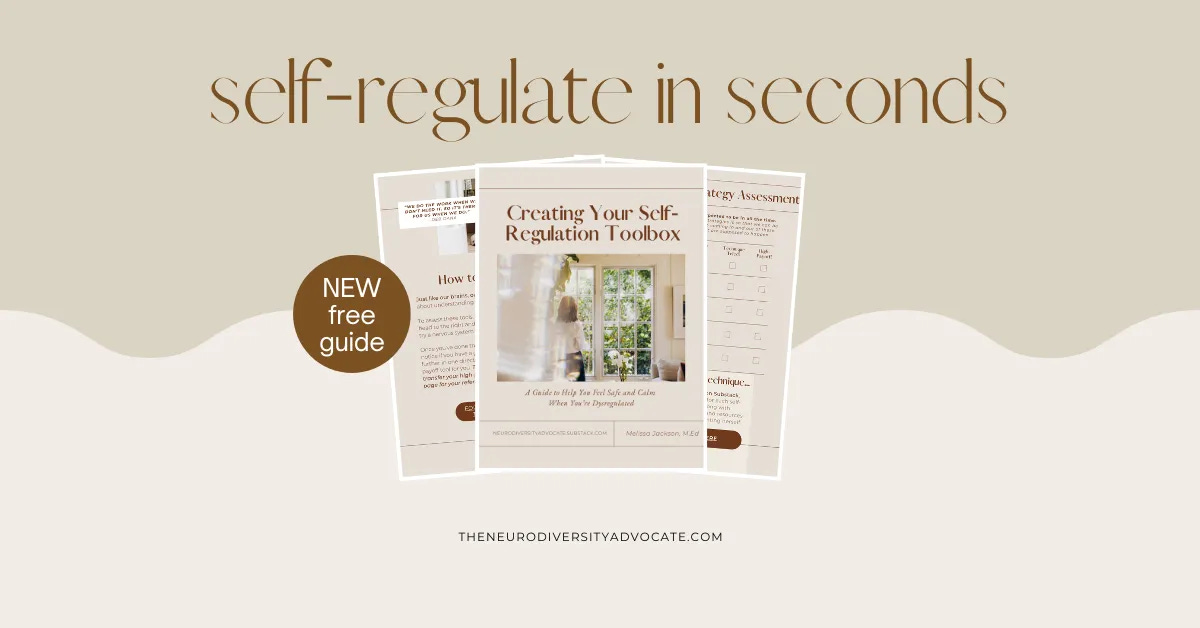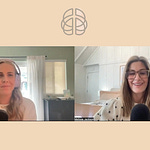Hey guys.
I've had something on my heart that I wanted to speak out and share with you. It started with this conversation I was having with a friend the other day.
She’s really been struggling with the emotions that come up in her parenting, the way that she responds in those moments and the shame she'll then feel about her response. Wanting to do it perfectly.
I just found what she was sharing so relatable to my own path as a mom. Which means it's likely relatable to a lot of us.
There’s no such thing as perfect parenting
So often as moms, we have this desire, whether we're fully conscious of it or not, to never fail our kids.
To do things perfectly.
To do it right.
To do all the things for our kids that our parents didn't do for us.
And it can be easy to think, I'm never going to make those mistakes my parents made. But what I've found is, we have our whole new slew of mistakes that we make.
Sometimes we are unconsciously passing the same things down, but sometimes we're reacting to new situations from our wounded childhood parts.
And so, until we're fully integrated and whole with all the different parts of us that have trauma in our bodies. Which quite frankly I don't know that that's ever done, I think we just learn how to be a better leader for all of these parts and to integrate them more and make them feel safe and heard so we're not responding from these wounded parts of us.
But that's a whole other episode.
My point is:
It's normal to make mistakes.
It's normal to hurt our kids sometimes.
It hurts to hurt our kids
It hurts me to say those words. It feels like an oxymoron, like that should not happen.
The idea of hurting my kids is so uncomfortable that it's physically painful.
And I think that this is common amongst mothers.
So, when this comes up, how do we meet that discomfort? What do we do with that?
Because as people who are shifting cycles in our families, so much of the cycle being passed on is from avoiding the discomfort that we hurt our kids.
Because it sucks. It’s the worst feeling. All we want is to do right by them. And we're trying so hard, right?
It's not a lack of effort or desire to do it “perfectly.” But we're just not going to:
We're human.
We're flawed.
It's part of the human experience.
And, quite honestly, the way I look at it is that on a soul level, it's by design. It’s part of our evolution that we have these certain challenges, these children, these struggles that we do. It's all here as opportunities to learn, grow, evolve as a collective, as a species, as human beings.
And so, it's this reframe on: making mistakes and what it means to be a perfect mom.
So many of us in this community struggle with perfectionism. It's a coping mechanism we adopted when we were younger to keep us safe, valuable, worthy, and loved.
It's so sneaky, subtle, and subconscious how it can play into showing up for us as mothers now.
Because:
when we do fall short
when we do hurt our kids
when we do make mistakes…
it can feel so confronting to be with that in our body, because making mistakes feels like we’re doing it wrong. And then the added salt into the wound is that it’s to the people we love the most. It’s wildly uncomfortable.
So I think the tendency is to avoid it, to dismiss it. And that's why so much of this comes up, where we can unconsciously repeat the cycles when we're not willing to show up for ourselves with the truth.
Because it brings up shame.
We're in this position now where the rubber meets the road…
Where we get to decide: how are we going to show up with that discomfort that comes up within us?
When we are being faced with:
Not doing it perfectly
Making mistakes
(I'm going to brace myself before I even say it) hurting our kids… which sucks to sit with.
How are we going to respond, even though it’s so painful?
Even though it hurts to know that we've hurt them and it can feel like repair just isn't enough.
We can only give to others what we give to ourselves….
We can only show up for other people to the degree that we're able to show up for ourselves.
We can only give the love and compassion to our kids, that we can give to ourselves.
It's a direct correlation.
Well there's a big motivator.
If it's not a motivator enough to do it for ourselves. Then maybe the discomfort of not doing it for our children can feel more real.
And, honestly, that’s why I created the self-regulation toolkit.
That’s why I'm dropping in here and sharing different ways to get into our body, through the nervous system.
Because it's not about trying to escape and avoid it's about how do we expand the capacity within our body, within our nervous system to be with these things that are uncomfortable. To be with these things that, the habit has been to run away from, because they feel like crap.
How do we create space within ourselves to sit with those feelings, to move through them, release them, forgive and move forward in a new way?
So if you haven't checked out the emotional regulation toolkit page yet, it's such a great way to begin this process.
To begin feeling safe enough within our body to confront this stuff.
To sit with the uncomfortable feelings, in little bite-sized moments.
That’s how we create greater capacity within our nervous system to be with more discomfort. That's where the healing, shifting, the showing up and feeling differently in our bodies, really begins.
So check it out. If you haven't gotten started on that. It's a great first step.
How am I not showing up for myself?
How am I not giving myself the grace and compassion and love, for the parts that are messy? The parts that are sticky?
We all have shadows.
We all have parts of us that need our love, even though it doesn't look glossy and shiny.
And it's when we can meet ourselves in these spaces with that grace, with that understanding, with that curiosity…. that’s when things shift.
Because innately none of us are bad. None of us are doing these shadowy stuff or repeating patterns unconsciously, because we're bad people or because we want to hurt anyone.
It's always coming from, doing the best we can with what we've got.
But sometimes it does require us to dig deep, to sit with the discomfort of the stuff that hurts inside of us because the stuff that's hurting us inside is often then hurting other people that we don't want to hurt.
And so even though it's intensely painful to sit with this stuff.
To sit with our own, whether it's past trauma, we don't want to look at, or it's in real time, how we maybe messed up and did something that hurt our kids.
This is really the opportunity to shift the cycles, to shift the patterns, to shift the generational trauma.
It’s in reparenting ourselves that everything changes
By asking:
How can I give myself the space and the grace to better understand where this is coming from so that I can reparent that part of me that ultimately needs my love and attention.
That part of me that needs to hear that it's okay to make mistakes.
That she's still worthy and valuable and loved:
Even when she messes up
Even when she hurts her kids
Even when she repeats a cycle, she swore she would never repeat.
Addressing, how can I show up for myself in those moments, as that voice of compassion- that's when things really get to shift.
And when we're checking that harsh self-critic at the door, and we're really showing up for ourselves in this loving way. As we are. Flaws and all. Mistakes and all.
We not only give ourselves permission to love ourselves fully, compassionately and with grace, when we make mistakes.
But it also is a direct correlation to how we really can hold that space for our kids.
Because it always starts with us
The way that we show up and treat our kids is a direct reflection of the way we're showing up and meeting ourselves. And so it's just such a reminder that it always starts with us.
It always starts with:
How are we reparenting ourselves?
Showing up for ourselves as that leader, that adult for all of these wounded parts of ourselves that need our love and guidance and leadership?
How are we showing up for us in that way?
Because then once we do, it immediately trickles down into how we show up for our kids.
What if loving ourselves through our mistakes is actually what is shifting the cycle.
Is actually doing it “right.”
What if that's the gold? What if that's the medicine?
Because I really, really believe that that's the greatest gift that we can pass on to our kids....

























Share this post